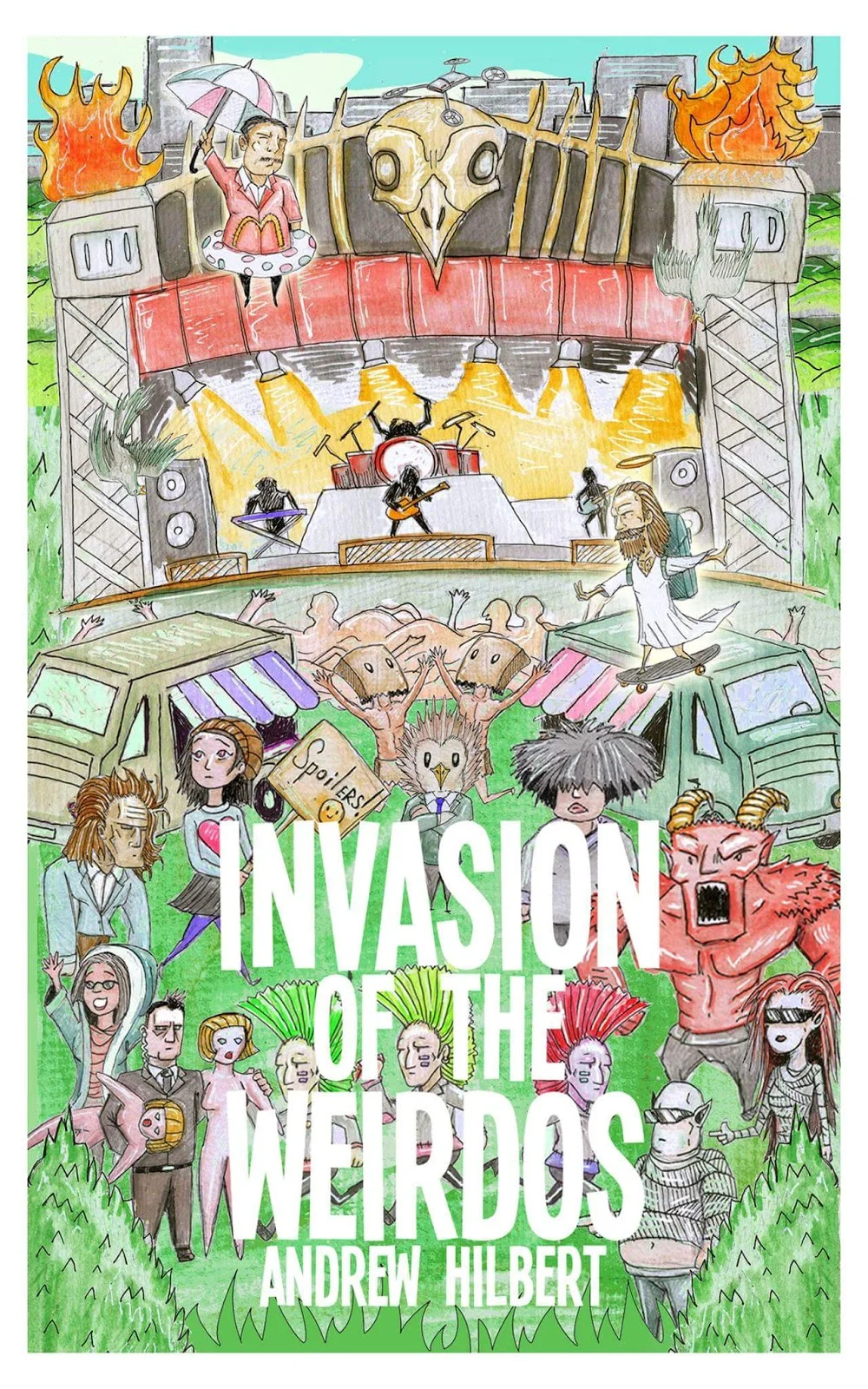Book Review : Lost Films (2018)
It's already been two years since indie publishing veterans Perpetual Motion Machine (also known as PMMP) released their iconic horror anthology Lost Signals. It was a rare occurrence of a short story anthology with a theme powerful enough to 1) give you a reason to pick it up and 2) scare the everloving shit out of you. Well, guess what? There's more or less of a sequel to Lost Signals that just came out. It's called Lost Films and it's based around cinema, television, CCTV and other audiovisual nightmares. It might be slightly less consistent than its predecessor, but it will make you shit blood in your dreams nonetheless.
Films are a harder sell that radio transmissions when it comes to horror. Because it's harder to question reality when you're watching things through a screen. Airwaves can be hallucinated even if you're sitting in front of a radio, because you don't see them. It could be you going insane or the fucking undead talking to you. Recorded images implies whatever you're seeing is wrapped and sometimes edited. That it's over. So, Lost Films was pretty ambitious in that regard and not every short story bridged that gap the present or the past, but those who did fucking obliterated my notion of reality.
Perhaps the most terrifying story in that regard was David James Keaton's deceptive The Fantastic Flying Eraser Heads, which tell the story of video store clerks stumbling upon a conspiracy to reshape reality. I believe it's one of the best and most Keaton-ian thing he's ever written. In the Keatonverse, there's no vampires or Illuminati conspiracies. Nothing more than 12 people would believe. But whatever you've read in a sleep deprived state on Reddit at 3AM about the shadow government or large amount of people having the same false memories of films, it's all true. Not only The Fantastic Flying Eraser Heads successfully terrified me using the Mandela effect, but it was also the story with most emotional range and ambition in Lost Films.
Other stories I really liked in Lost Films were Bob Pastorella's In-a-Gadda-Da-Vida on 8 track, which puts a Cronenbergian twist on the infamous Budd Dwyer suicide video; Leigh Harlen's I Hate All that is Mine, where trauma spreads like a virus through experimental filmmaking and Andrew Novak's, which successfully turns The Simpsons into a waking nightmare. It was particularly impressive to see something as harmless as Krusty the Clown turned into a haunting through the eyes of a traumatized kid. Hats off, Mr. Novak. Other writers who deserve props for giving me few legitimate goosebumps: Gemma Files, Kristy DeMeester, Jessica McHugh and Brian Evenson.
I thought that in general, the stories that used potential common ground with the reader worked best: infamous films, weird psychological phenomenon you read about on the internet, shared pop culture experiences, etc. The stories that didn't have that had to work harder to scare me and sometimes ran out of space/momentum to do so because they were created without knowing what they were up against. But such is the nature of short story anthologies. It's a pack of talented people all fighting for your attention. Overall I loved Lost Films. It might've not been as consistently scary as Lost Signals, but when the stories that were genuinely scary were perhaps some of the most terrifying I've read.
8/10






